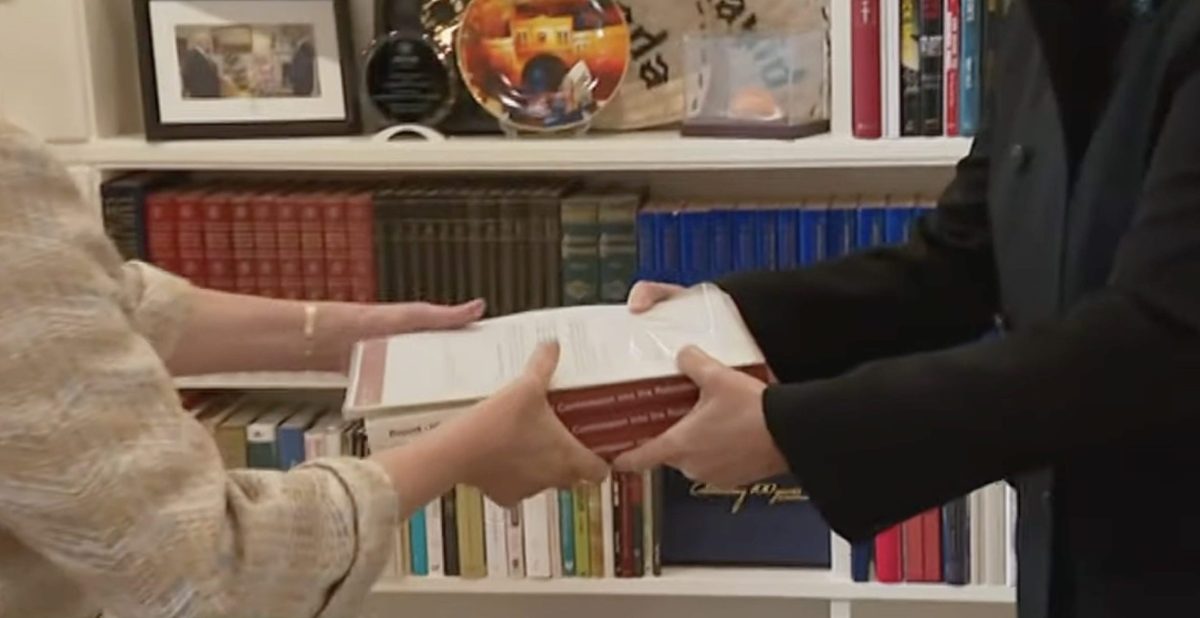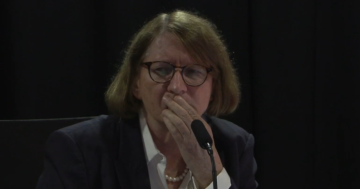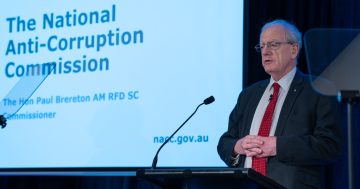
The Royal Commission into the Robodebt Scheme’s final report made referrals for investigation to a number of authorities. Photo: Screenshot.
Australian Federal Police have investigated allegations a witness provided false testimony to the Royal Commission into the Robodebt Scheme but have concluded there was not enough evidence to charge anyone.
The AFP received the referral a year ago at the conclusion of the Royal Commission and issued an update on the investigation this week (Wednesday, July 24).
“In July 2023, the AFP received allegations a witness provided false testimony to the Royal Commission into the Robodebt Scheme,” the update said.
“Providing false testimony in these cases is an offence under 6H of the Royal Commission Act 1902 (Cth).
“A key component in proving the offence is obtaining sufficient evidence to prove intent.
“The AFP undertook a thorough investigation, reviewing all material, including additional evidence and documents submitted to the Royal Commission.
“The investigation was oversighted by the Sensitive Investigations Operations Board, which is chaired by an AFP Deputy Commissioner.
“The investigation did not identify sufficient admissible evidence to prove the alleged offender intended to mislead the Royal Commission.
“The AFP has finalised the investigation and has informed relevant parties of the outcome.”
The Royal Commission also gave the National Anti-Corruption Commission referrals concerning six public officials in July last year.
In June this year, the NACC announced it was not going to pursue those referrals.
Following a massive public outcry, the Inspector of the National Anti-Corruption Commission, Gail Furness, launched an inquiry into that decision.
There were almost 900 individual complaints about the Commission’s decision not to start a corruption investigation into those six referrals.
“Many of those complaints allege corrupt conduct or maladministration by the NACC in making that decision,” she said.
“I also note that there has also been much public commentary. Accordingly, I have decided to inquire into that decision.
“I anticipate that I will make my findings public in due course.”
The Australian Public Service Commission received 16 referrals from the Royal Commission and has this year reported that seven current or former public servants have been found to have breached the APS Code of Conduct.
The illegal Robodebt automated debt recovery scheme was piloted in 2015 and fully rolled out between 2016 and 2019 by the Department of Human Services and its successor, Services Australia, with more than 470,000 false debts issued.
On the broader subject of perceptions of corruption in the APS, Public Service Minister Katy Gallagher noted on Wednesday that there are a number of integrity bodies tasked with keeping the public service in check.
Recent corruption allegations made against the Construction, Forestry and Maritime Employees Union, causing the Labor Party to suspend its affiliation with the construction arm of the union, have sparked questions about Commonwealth procurement practices.
Senator Gallagher said integrity in procurement was an area the Federal Government was paying particular attention to.
“There’s a number of integrity bodies and any concerns about Commonwealth procurement … there are pathways to have those investigated if there are,” the Minister said.
“I mean, we have Commonwealth Procurement Rules. We have legislation in place that guards or directs agencies in how they conduct themselves.
“We have the National Anti-Corruption Commission there to investigate any allegations of corruption or any other concerns around Commonwealth procurement.
“I think the system we have in place is strong and … the work that the government’s doing, post some of these revelations in the media, [is] important, like the work that Minister King [Infrastructure Minister Catherine King] is doing across big infrastructure projects.
“She’s asked her department for any information on any concerns they have, and if there are, we will work through them.”
In May, Commonwealth department bosses agreed to let the NACC survey the APS on perceptions and experiences of corruption in the APS.

















